

Whether you’re a parent seeking a supportive educational environment for your child, an educator interested in our teaching philosophy, or a community member eager to learn more about integrating faith and learning, our blog is your resource for inspiration and guidance. Schedule a tour today and take the first step toward joining a community that values educational excellence and spiritual growth.

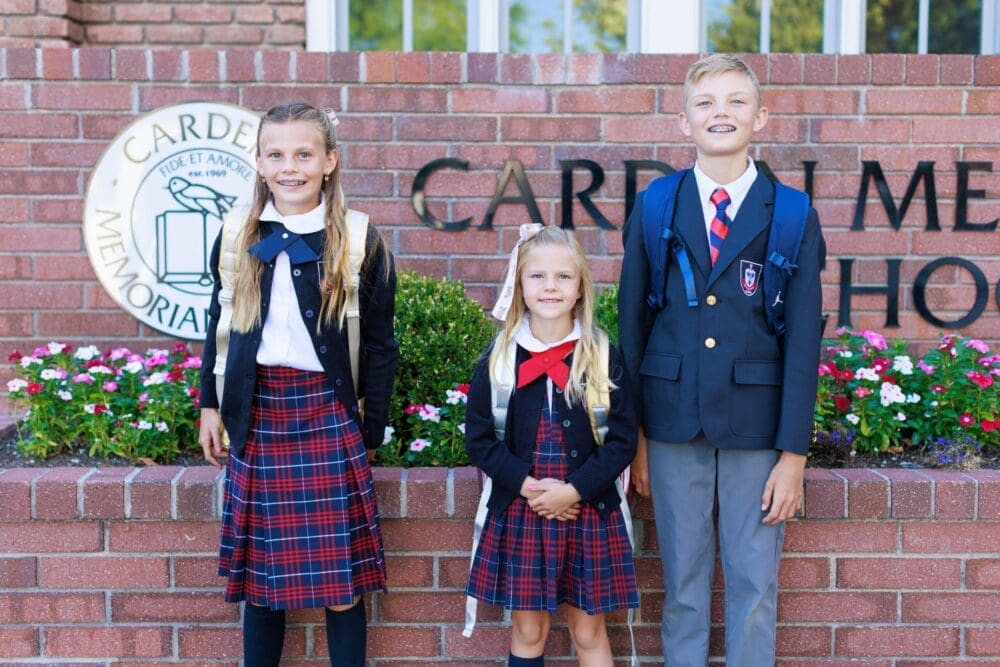

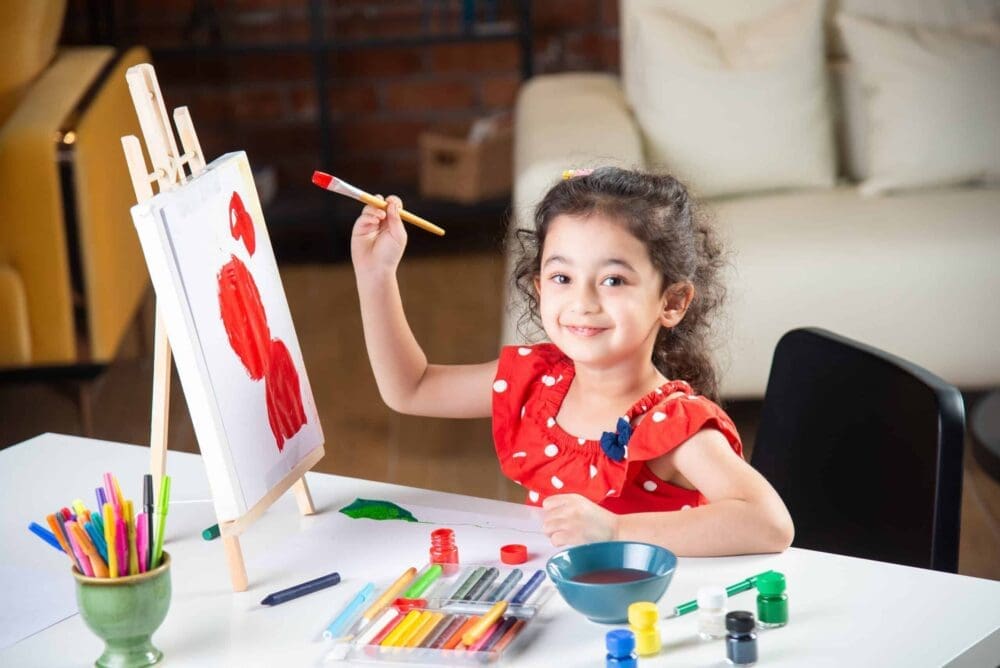
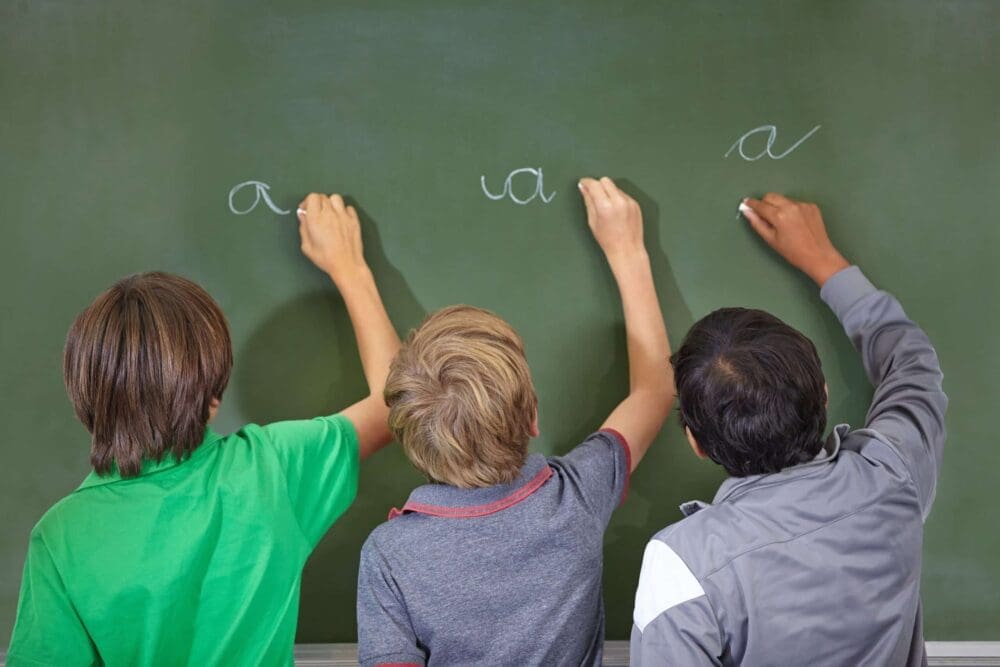

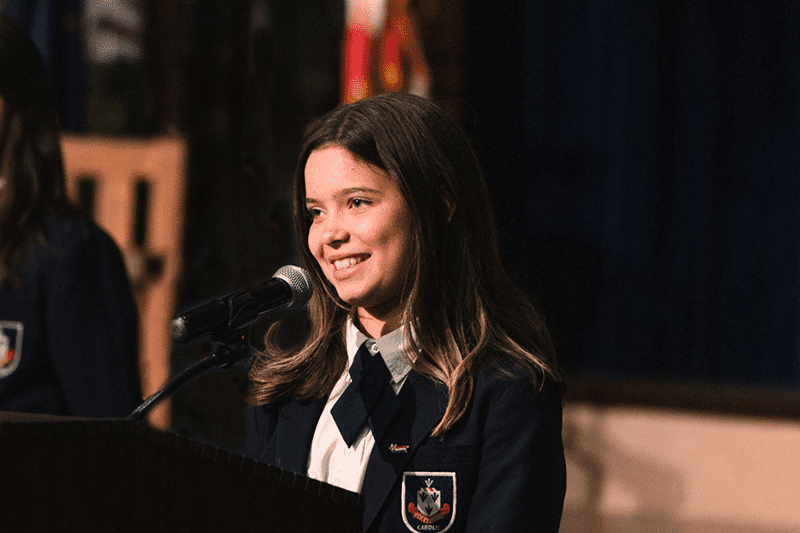


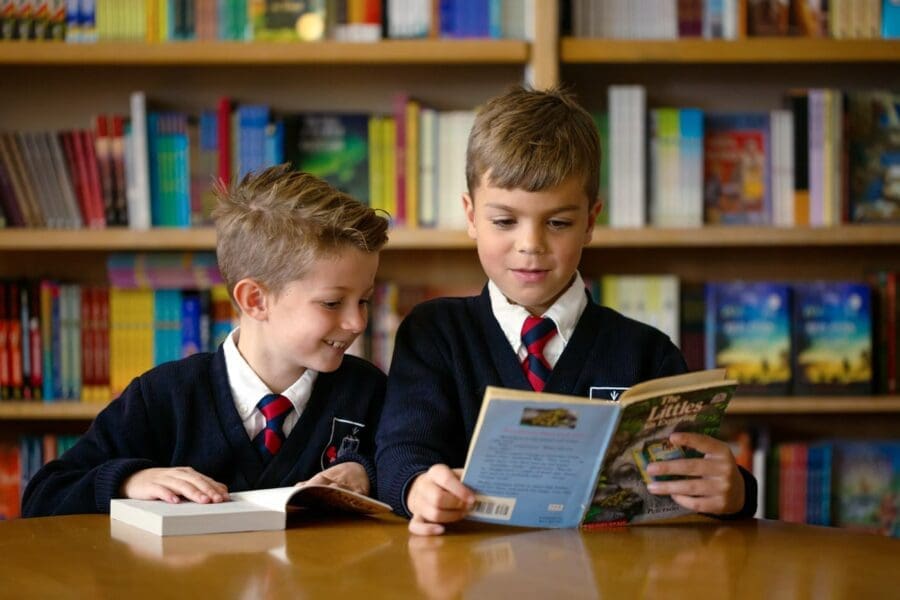
Schedule a tour today and discover the Carden difference. Let us show you how we prepare students for a lifetime of success grounded in knowledge, faith, and community.
Recent Comments